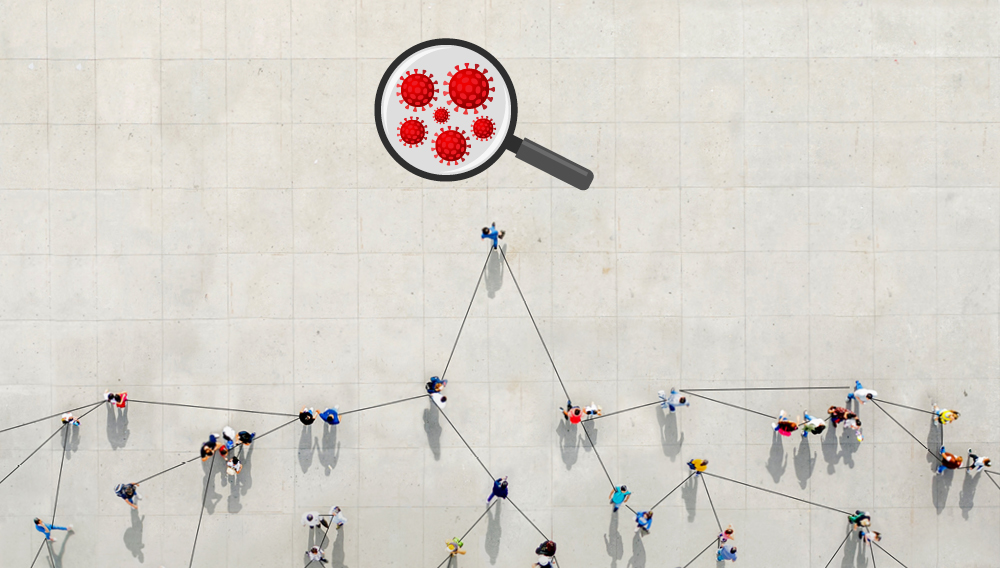Epidemiology: The Key to Public Health

When COVID-19 suddenly spread across the world, many people—including health officials—didn’t know what to do. Specialists in the field of epidemiology stepped in to study the fast-spreading pandemic. These scientists tracked COVID-19 by identifying its source through community and health facility surveys and tracked the disease using data from case reports, hospital records, and death certificates. Studies provided insights into the infection period, risk factors, vaccine safety, and long-term health effects. Based on this data, scientists developed and updated guidance to lessen the disease’s spread and impact on different populations and settings.
The heroic work of epidemiologists may seem like the stuff of science fiction, but their efforts result in very real benefits to society, including saving lives that would otherwise be lost to disease. If you like public health and detective work, read on to see whether a career in epidemiology could be right for you.
What Is Epidemiology?
Epidemiology is the study of diseases and injuries in populations, their origins, how they spread, and finding solutions for stopping them. Epidemiologists work in hospitals, laboratories, and offices for universities, colleges, and local, state, and federal government. According to the Bureau of Labor Statistics, as of 2023, the median annual wage for epidemiologists was $81,390, making it a lucrative public health profession.
How Does Epidemiology Help with Public Health?
Epidemiology helps provide data and insights necessary for learning about diseases and disease prevention. It helps with:
- Identifying diseases. Epidemiologists identify risk factors and causes of diseases, allowing public health officials to develop targeted solutions.
- Tracking outbreaks. Public health officials can identify sources of outbreaks, how the disease spreads, and populations at risk so they can enact effective measures.
- Guiding public health policy. Public health officials can develop important disease prevention guidelines, policies, and health programs for communities.
- Improving health equity. Epidemiology helps fight health disparities in communities by allowing scientists to study disease patterns across different demographic groups and developing specific interventions for underserved populations.
- Promoting preparedness and prevention. Public health officials can prepare for potential crises like pandemics and natural disasters and can support disease prevention strategies like vaccination programs and health screenings. This can help reduce health care costs.
How Can I Get Started?
Becoming an epidemiologist requires education, work experience, and a passion for research and public service. You need to start with a bachelor’s degree in a field like public health, biology, or health sciences to provide foundational knowledge. Entry-level positions typically require a master’s degree with a focus on epidemiology, which also offers training in health, environmental health, and research methods. Practical work experience gained through fieldwork in public health or research labs is essential for developing the skills needed for a successful career in the field.
If you’re ready to start on your career path toward epidemiology, consider earning your Bachelor of Science in Public Health.




